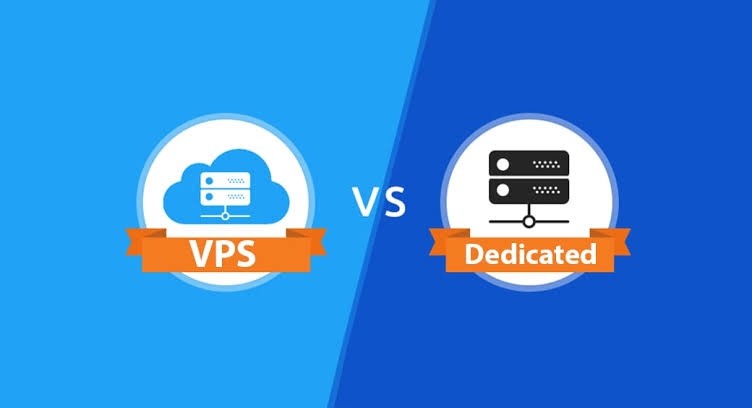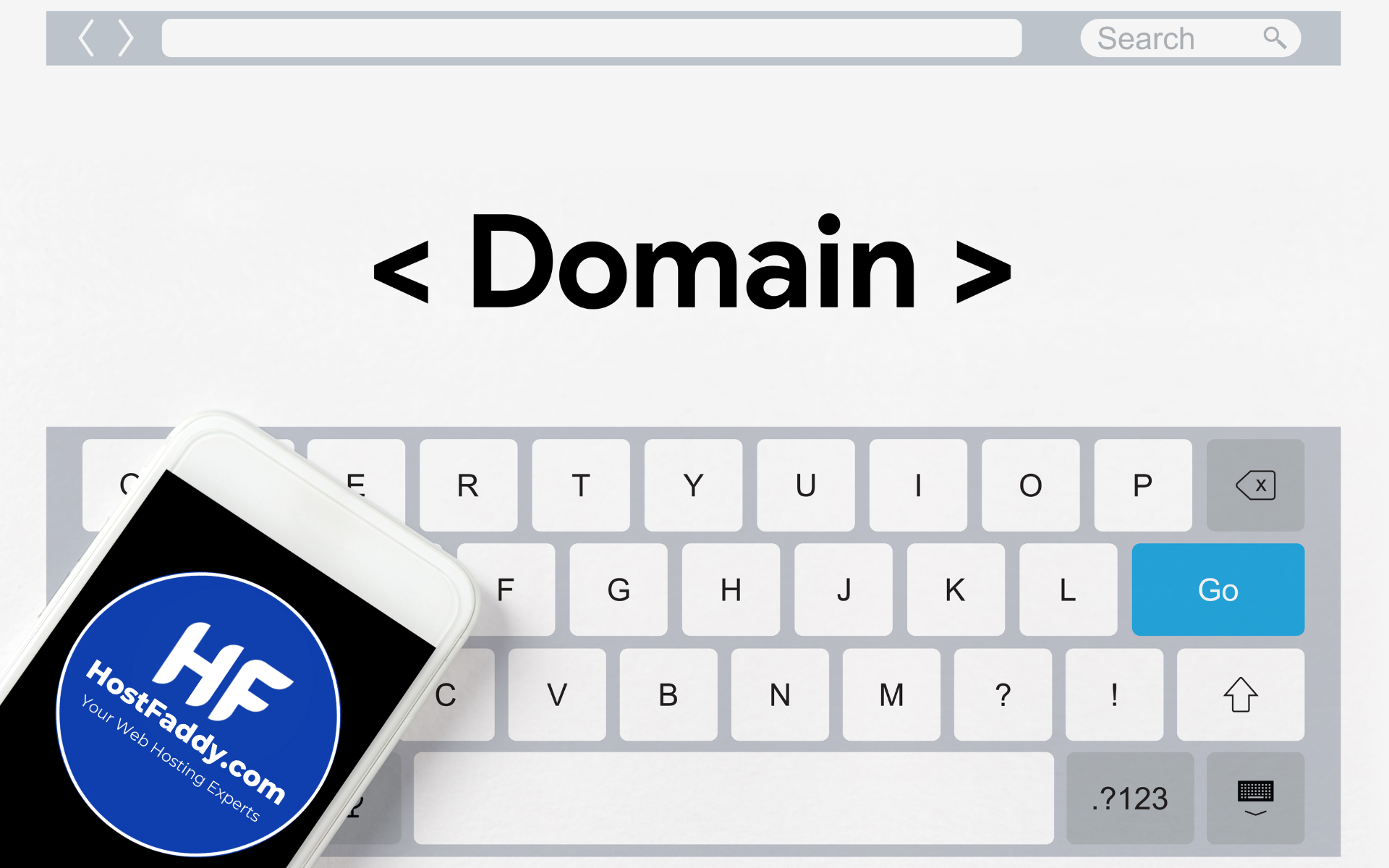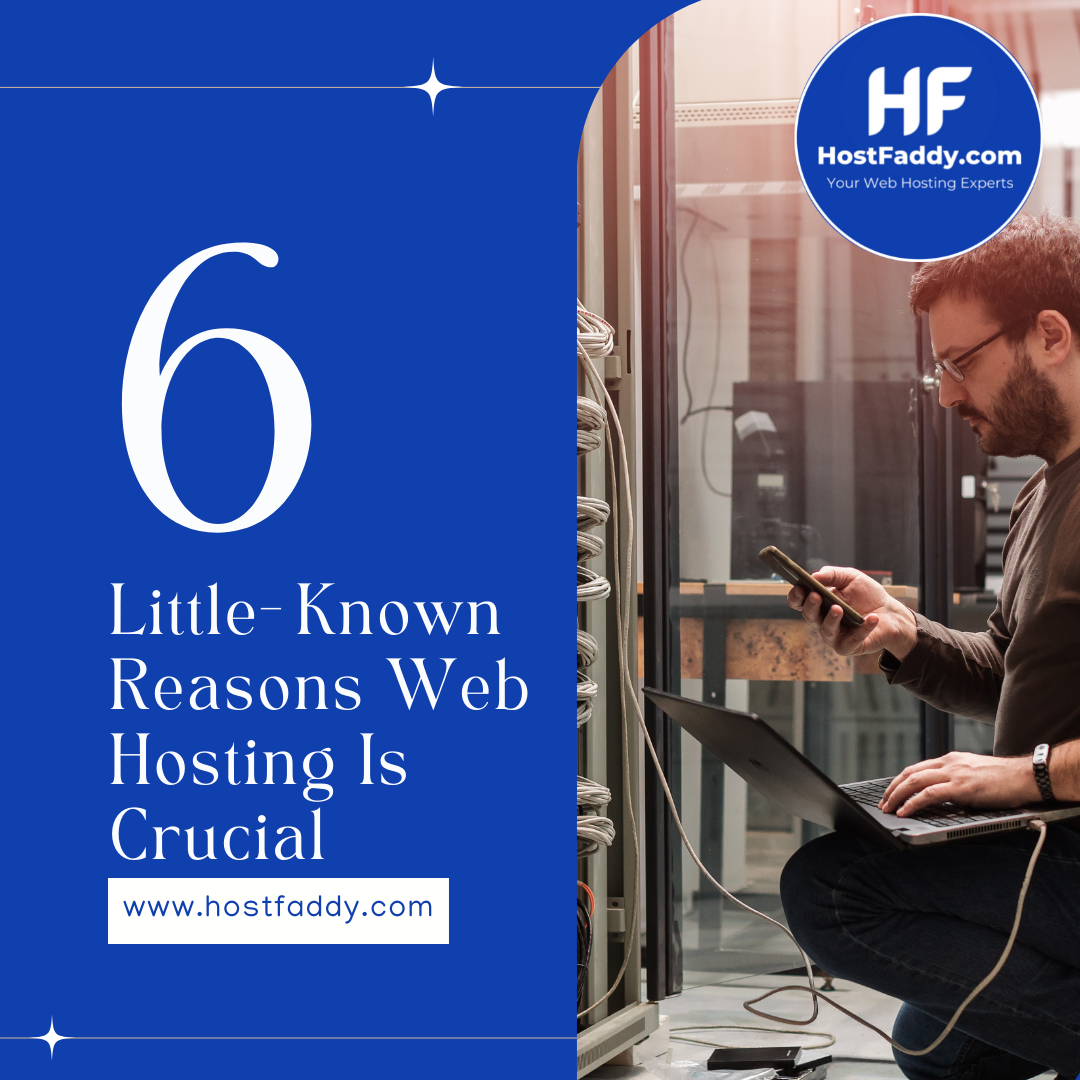If you’re interested in starting a website, you’re probably aware that you need some type of website hosting to make it available on online. Two common types of hosting are VPS Hosting and Dedicated Hosting, and it’s important to understand the difference.
While you may be tempted to just look at the normally lower price of VPS Hosting and make your choice based on cost alone, you may be doing yourself an expensive disservice. While you could save some money with VPS Hosting in the short-term, you may find that you need to spend a lot of money later on if your website grows significantly.
Along with differences in pricing, there are a number of differences in how resources are managed. The type of hosting you’ll need will depend on the kind of site you intend to run as well as if you expect to need more bandwidth or data in the future.
An Intro to Hosting
When you use your computer, you’re using an operating system. For most people, it’s either Windows or the Apple OS. An operating system allows you to access the files on your computer, and it runs programs as well. Hosting providers do basically the same thing, allowing visitors to your website to access files on your site and enable processes, such as scripts.
Just like with a regular computer, the amount of RAM, storage and bandwidth will determine how fast or slow access is. Once you reach your storage, bandwidth or RAM cap, your website is liable to encounter problems or run slowly in the same way you’ll run into problems if you try to do too many things at once on your computer.
The difference between different types of hosting comes down to how resources are allocated and who has control over them. Now that we’ve covered the basics of hosting, we’ll start discussing the differences between VPS and Dedicated Hosting.
VPS Hosting
To understand VPS Hosting, it’s helpful to understand shared hosting. Shared hosting is similar to having several user accounts on a computer, but instead of being used one at a time, everyone can use the computer, or in this case host, at thesame time. This means that if one website is using a large amount of RAM or bandwidth, other websites hosted on the same server will have fewer resources available to them.
VPS Hosting still involves hosting several websites on the same server, but there’s a hypervisor that ensures that one website doesn’t start causing trouble for the other sites on the server. With VPS Hosting, you’re allocated a certain amount of RAM, bandwidth and server space. For example, if a hosting server has 100 MB of RAM and there are 10 sites being hosted on the server, each website will get 10 MB of RAM. The same follows for every other type of resource.
Many VPS servers are set up so that the hypervisor can allocate some of another website’s resources that aren’t being used if one site on the server is in need of them. Although a site’s resources may be temporarily lent out, the hypervisor ensures that the sites being borrowed from don’t suffer.
Dedicated Hosting
There are a number of ways that dedicated hosting can be set up and managed, but the key thing is that one website has an entire server to itself. Management of the system, such as ensuring it software updates occur and protecting the server from malware, can be allocated to the hosting provider or the person using the server can do it themselves.
Should You Choose a VPS or Dedicated Host?
VPS Hosting is almost always less expensive than using Dedicated Hosting for your site since you don’t get your own equipment, and because of this, you also usually get fewer resources. When deciding between the two types of hosting, you’ll want to consider the type of site you’re running along with scalability.
One of the biggest factors in determining if you should opt for VPS Hosting or Dedicated Hosting is what type of resources your site will need. Do you intend to host large media files that will require extensive amounts of storage space and bandwidth? Will your site require a lot of processing power to run scripts and back-end applications? Do you expect to have an enormous amount of visitors that will necessitate a lot of bandwidth even without large media files?
If you’ve said yes to one or more of those questions, you should probably strongly consider Dedicated Hosting. With Dedicated Hosting, you can set up your hosting server to have the processing power, storage and bandwidth you’ll require. Further, you won’t have to worry about other sites slowing yours down or poaching from your resources.
It’s also important to consider if you will eventually answer yes to those questions. If you have a site that will require major resources in the not too distant future, you may find it best to start out with the type of hosting you’ll need rather than trying to migrate your site from a VPS host to a dedicated server. VPS Hosting will often allow you to scale up, but there’s a limit to the amount of resources you’ll have access to with this type of hosting.
However, if you’ve got a site that won’t require an enormous amount of resources, you should consider VPS Hosting. There is a wide range of hosting options that can allow you to choose from a small to a very large amount of resources with VPS Hosting.
With a dedicated server, you’re able to choose the equipment, including the amount and type of RAM, the size and type of hard drive and the processor, used in the server. Further, 100 percent of the server’s resources are allocated to your site and they aren’t shared with any others.








